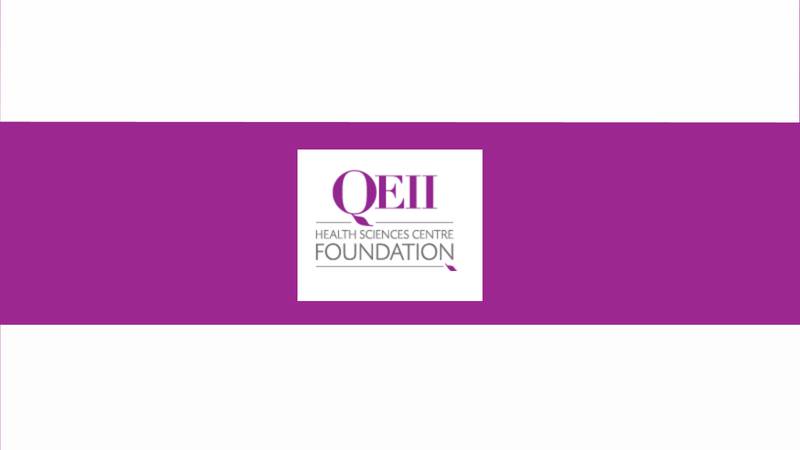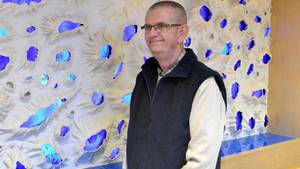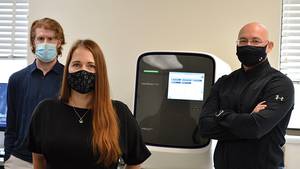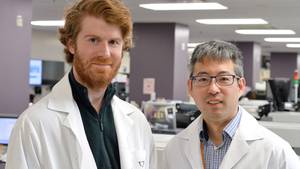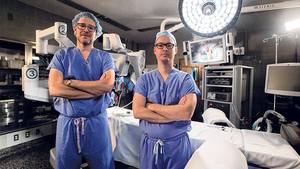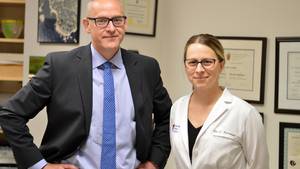As Atlantic Canadians, we’re passionate about caring for those around us. As we continue to look for new opportunities to improve health care, it’s important to remember that together, we can make a difference.
Through philanthropy we can have a direct impact on improving access to health care. This includes outreach programs in our communities, education and training for healthcare professionals and supporting patients who face financial struggles because of their illness.
One great example of bringing healthcare access into the community is the INSPIRED COPD Outreach Program, founded in 2010 by QEII respirologist Dr. Graeme Rocker and his team.
INSPIRED brings together a team of healthcare professionals to provide education and support to people with chronic obstructive pulmonary disease (COPD) and their families in their homes, helping them cope better with the disease.
In its early days, the INSPIRED team was awarded a $100,000 QEII Foundation Translating Research Into Care (TRIC) grant in 2014-2015 and has received an additional $20,000 from the QEII Foundation to support the clinical aspects of the local program.
INSPIRED has since grown into a nationwide program with primary financial support from the Canadian Foundation for Healthcare Improvement (CFHI), improving access to care for COPD patients across the country.
Philanthropy also improves access to care through advanced education and training for healthcare professionals, like Dr. Antonina Omisade, a neuropsychologist with the QEII’s epilepsy care team.
Funds from the QEII Foundation allowed Dr. Omisade to travel to Montreal to learn the Etomidate Speech and Memory (eSAM) test and, in turn, train her team. Developed at the Montreal Neurological Institute more than a decade ago, eSAM allows physicians to determine what part of the brain is responsible for language and memory, determining patient candidacy for surgery.
For years, Montreal had been the closest facility offering this test; a problematic distance for epilepsy patients unable to drive. Since February 2018, epilepsy patients are able to have the test at the QEII — remaining in their home province with their own healthcare team and their families close by.
Finally, while the QEII provides the most advanced care in the region for areas of care such as heart health, cancer care, neurosurgery and organ transplantation, accessing this care means a direct cost to patients and their families — sometimes affecting their ability to receive the care they need.
Depending on their diagnosis and treatment, some patients may not be able to work. Others need to travel to or stay in Halifax, which can be a big expense.
Thanks to the generosity of QEII Foundation donors, QEII social workers and care teams are connecting patients with the resources they need to ease the financial strain and stress during their treatment — providing help for the essentials like gas money and groceries.
Whether supporting community outreach programs, providing funding for advanced healthcare education or connecting patients with financial support, philanthropy has a role to play in improving access to health care. When you give to the QEII Foundation, patients are getting the care and support they need at the QEII and in communities throughout our region.
For more information about the QEII Foundation, call 902-334-1546 or drop us a line at info@qe2foundation.ca.

